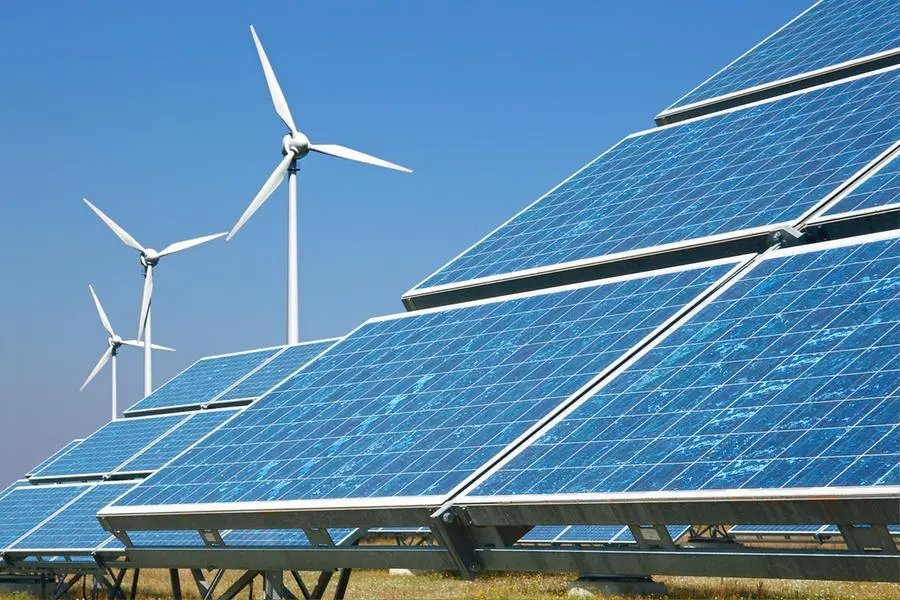PHOTO
Muscat – Gulf nations have announced plans to invest US$100bn in renewable energy by 2030, aiming to cut emissions by up to 20% as part of their transition to sustainable energy.
The announcement was made at the 43rd meeting on ‘Future Climate Change Management and Economic Development in the Gulf States’, which concluded in Muscat on Saturday and was attended by energy and environment experts from GCC countries.
The Gulf Cooperation Council (GCC) nations, which produce around 25% of global oil, also contribute significantly to carbon emissions, accounting for approximately 1.5bn tonnes of CO2 in 2022, or 4% of global emissions.
However, the countries are among the most at risk from climate change impacts, including rising temperatures, water scarcity, and sea level rise. Projections indicate that Gulf temperatures could rise by up to 2.5°C by the end of the century, intensifying challenges like droughts and dust storms.
Dr Khalid bin Saeed al Amri, Chairman of the Omani Economic Association, highlighted the economic consequences of climate inaction.
“Global economic losses from climate-related disasters reached nearly US$270bn in 2022. In the Gulf region, failure to adopt effective climate measures could result in losses of up to 5% of GDP by 2050,” he said.
Despite these risks, the Gulf states see an opportunity to lead the transition to a green economy. Amri added that the US$100bn renewable energy investment would position the GCC nations as key players in global sustainability efforts.
“This transition focuses on adopting clean energy sources such as renewables, nuclear energy, and hydrogen, alongside fulfilling commitments to international climate agreements like the COP summits.”
The two-day meeting, organised by the Omani Economic Association in collaboration with the Gulf Development Forum, also addressed the policies and technologies needed to overcome the challenges of energy transformation.
Sessions covered topics such as climate mitigation strategies, behavioural science’s role in climate action, and the evolving global climate framework.
© Apex Press and Publishing Provided by SyndiGate Media Inc. (Syndigate.info).





















